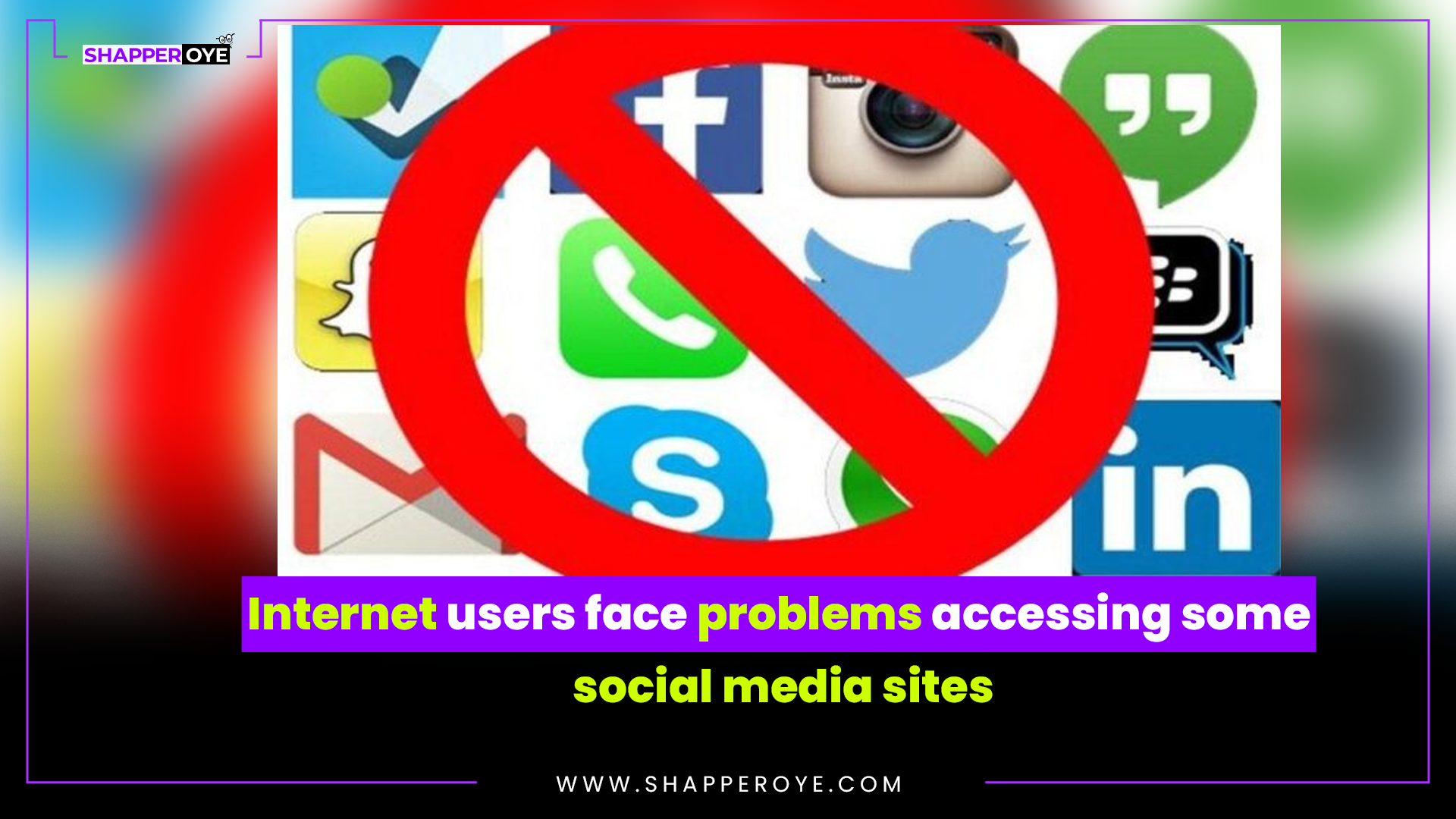Some users thought the disruptions might be due to a new government-installed firewall meant to monitor and control internet use. However, the Pakistan Telecommunication Authority (PTA) has denied that the firewall is behind the issue.
Also read: “Arshad Nadeem Makes History: Clearing Up the 118-Year Record Claim”
A senior PTA official mentioned that while the outages have raised questions, they have not received any formal complaints. The reason for the internet slowdown is still unclear, and PTA has not provided any official update, although they assert that their systems are functioning normally. Users are eagerly waiting for more information and a solution.
Major online platforms like Facebook and WhatsApp have been heavily affected, with users experiencing slowdowns and trouble accessing messaging and social media apps.
“Millions of people who rely on these platforms for communication, business, and daily tasks have voiced their frustration over the disruptions,” said an internet service provider (ISP). The ISP also noted that users have been experiencing ongoing service interruptions since last week.
WhatsApp has been largely unusable, with users reporting problems with uploading and downloading content.
“The ISP reported that many users have complained about being unable to send or receive messages, or download media through the application.”
Other social media platforms, like Facebook, were also impacted, with users experiencing slow loading times and problems uploading content.
“A user with an online business remarked that the situation highlighted the country’s heavy dependence on digital communication, emphasizing how vital stable internet services are for connecting people and supporting daily life in an increasingly digital world.”
For more updates, Please visit www.shapperoye.com
You might be like:
- What did Khalil ur Rehman Qamar say in response to the leaked video?
- How to Use WhatsApp Without an Internet Connection
- “Bushra Ansari wants Pakistan to be greener on August 14: Buy plants, not flags”
- Scientists create the first remote device to control human minds







